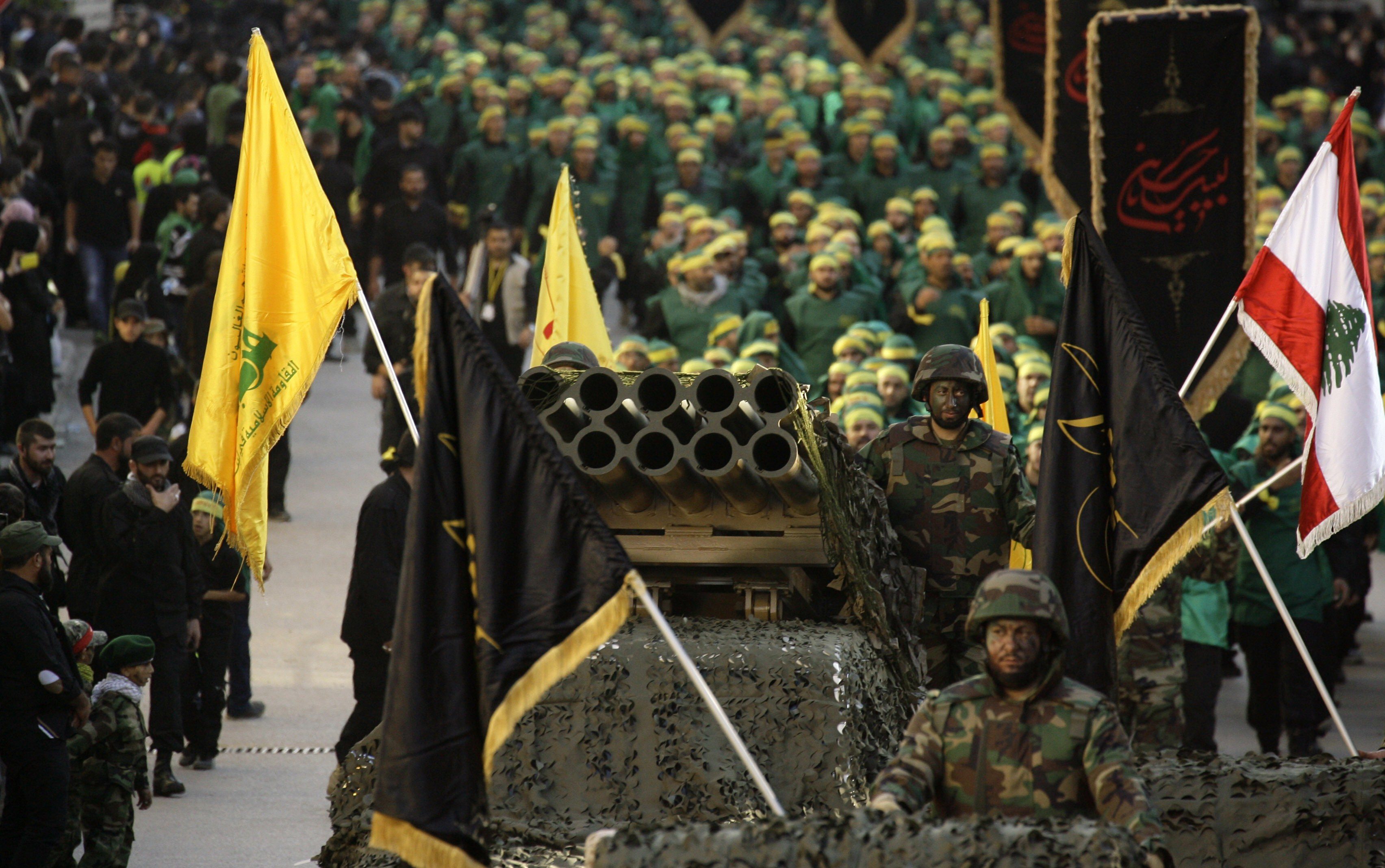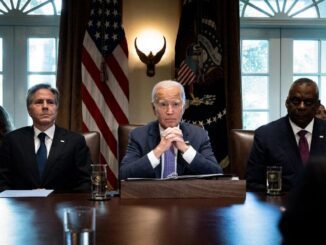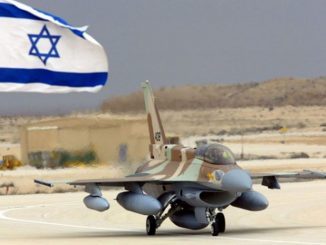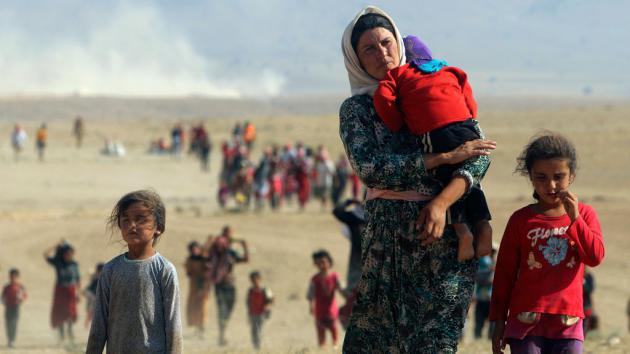
Hezbollah’s terrorism finance operations are thriving across Latin America months after the Drug Enforcement Administration linked the Iran-backed Lebanese militant group to drug cartels in the region, U.S. lawmakers were told Wednesday.
Former DEA operations chief Michael Braun said Hezbollah is “moving [multiple] tons of cocaine” from South America to Europe and has developed “the most sophisticated money laundering scheme or schemes that we have ever witnessed.”
The agency announced in February that it had arrested several Hezbollah operatives accused of working with a major Colombian drug cartel to traffic drugs to Europe and launder money through Lebanon. Those arrests come against a backdrop of rising fears in Washington about smuggling connections between Middle East terrorist groups and the Western Hemisphere.
Hezbollah has “metastasized into a hydra with international connections that the likes of [the Islamic State] and groups like al Qaeda could only hope to have,” Mr. Braun told the House Financial Services Committee.
Adding to concerns about security threats from Central and South America, intelligence reports have also tracked how smugglers managed to sneak illegal immigrants from the Middle Eastern and South Asia straight to the doorstep of the U.S. — including helping one Afghan who U.S. authorities say was part of an attack plot in North America.
Immigration officials identified at least a dozen Middle Eastern men smuggled into the Western Hemisphere by a Brazilian-based network that connected them with Mexicans who guided them to the U.S. border, according to internal government documents reviewed this month by The Washington Times.
Hezbollah drug cartels
Those smuggled included Palestinians, Pakistanis and the Afghan man who Homeland Security officials said had family ties to the Taliban and was “involved in a plot to conduct an attack in the U.S. and/or Canada.”
Concerns about Hezbollah’s activities in Latin America have surged the DEA’s announcement in February that top operatives from the group’s so-called Business Affairs Component, or BAC, “have established business relationships” with South American drug cartels such as the Colombia-based Oficina de Envigado, a crime syndicate “responsible for supplying large quantities of cocaine to the European and United States drug markets.”
The DEA said several of the BAC’s Europe-based operatives had been arrested on charges of trafficking drugs and laundering money from South America to purchase weapons and finance the group’s military activities in Syria. The agency described an intricate network of money couriers who collect and transport millions of euros in drug proceeds from Europe to the Middle East
“The currency is then paid in Colombia to drug traffickers,” it said, adding that “a large portion of the drug proceeds was found to transit through Lebanon, and a significant percentage of these proceeds are benefiting terrorist organizations, namely Hezbollah.”
The DEA said seven countries, including France, Germany, Italy and Belgium, were involved in an ongoing investigation. But few details were provided about how many suspects had been apprehended or where they are being held.
Officials said the most significant arrest was of Mohamad Noureddine, whom the DEA accused of being a Lebanese money launderer for Hezbollah. A week prior to the announcement, the Treasury Department had imposed sanctions freezing any U.S. accounts tied to Mr. Noureddine as well as to Hamdi Zaher El Dine, another suspected money launderer.



